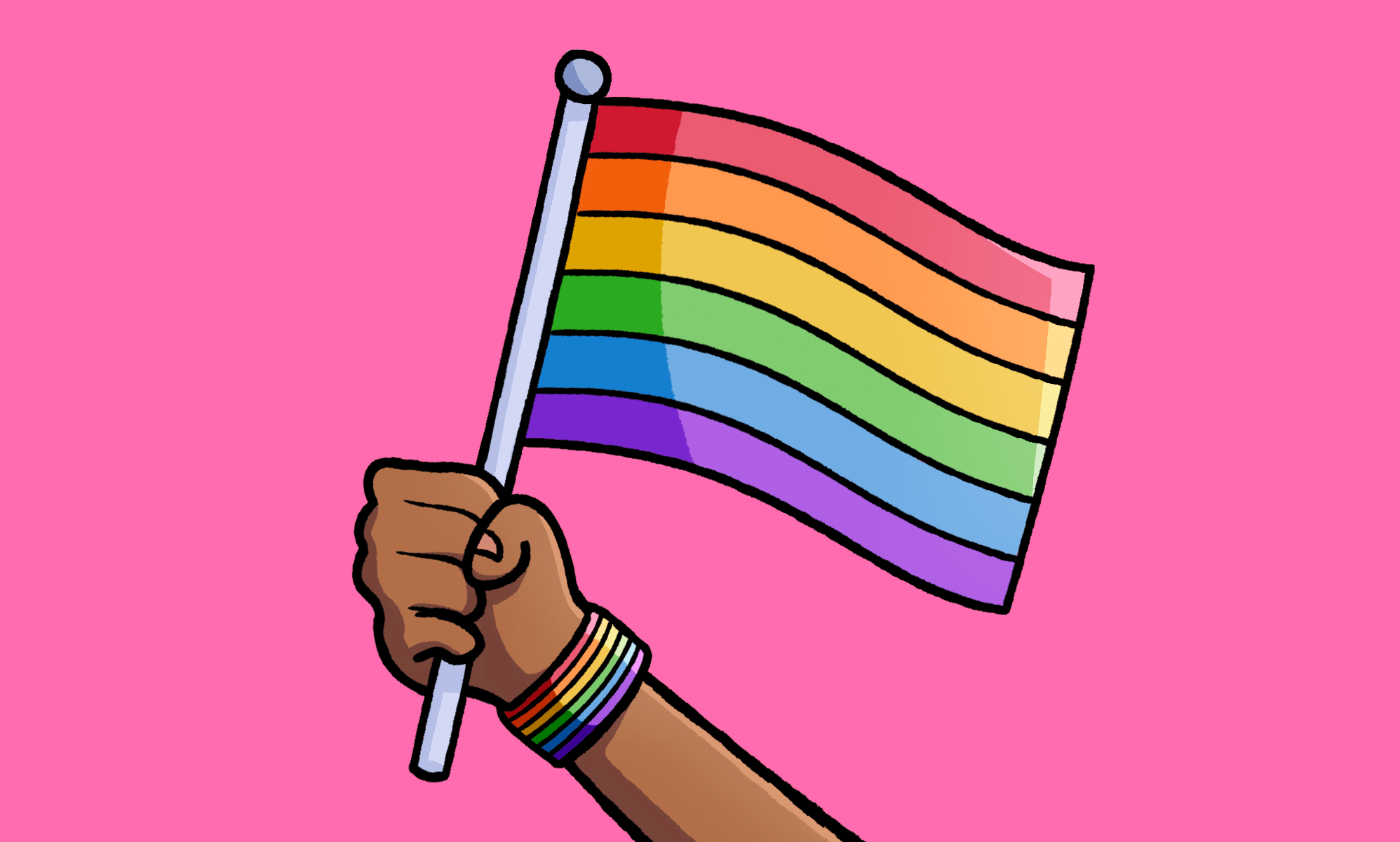Russia will not ban gay emojis on smart phones

Russia has ruled that gay emojis are allowed to stay on iPhones, dropping the lawsuit against Apple.
Moscow’s City Court has thrown a lawsuit which claimed emojis showing smiling same-sex couples was a violation of the law that prohibits ‘gay propaganda’.

Mikhail Marchenko, a Russian senator claimed the emojis “promoted non-traditional sexual relationships, denied family values and showed disrespect for parents and other family members”.
However, the court ruled that the emojis were up for “interpretation” – arguing that the couples pictured could in fact be considered friends or family.
They added that the images do not actively promote any behaviours or violate the controversial anti-gay propaganda law.
Police in the country’s Kirov region began the investigation after ultra-Conservative activist and lawyer Yaroslav Mikhailov complained about the images.
The emojis in question included a number of same-sex couples – some with children – as well as people of the same sex holding hands.
If found guilty, Apple faced a fine of up to a million rubles (£10,000).
The politician responsible for the “gay propaganda” law – the openly homophobic Vitaly Milonov – recently said Facebook should be blocked in Russia over its rainbow filter option for profile pictures, released ahead of this year’s Pride celebrations.
The social networking site is also the subject of calls for an investigation into whether its use of ‘gay’ emojis fall foul of Russia’s controversial ban on the “promotion of non-traditional sexual relations”.
Earlier this year, the law saw five online LGBT youth support groups added to a banned list by the Russian watchdog.
Vladmir Putin has been repeatedly forced to defend the controversial law – as well as his signing of it back in 2013.

“I don’t see anything un-democratic in this legal act,” he said earlier this year.
He argued that, rather than suppress individuality and freedom, the law protects minors in Russia, allowing them to “realise who they are for themselves.”
“I believe we should leave kids in peace,” he said.
“We should give them a chance to grow, help them to realise who they are and decide for themselves.”
“Do they consider themselves a man or a woman? A female? A male? Do they want to live in a normal, natural marriage or a non-traditional one?

